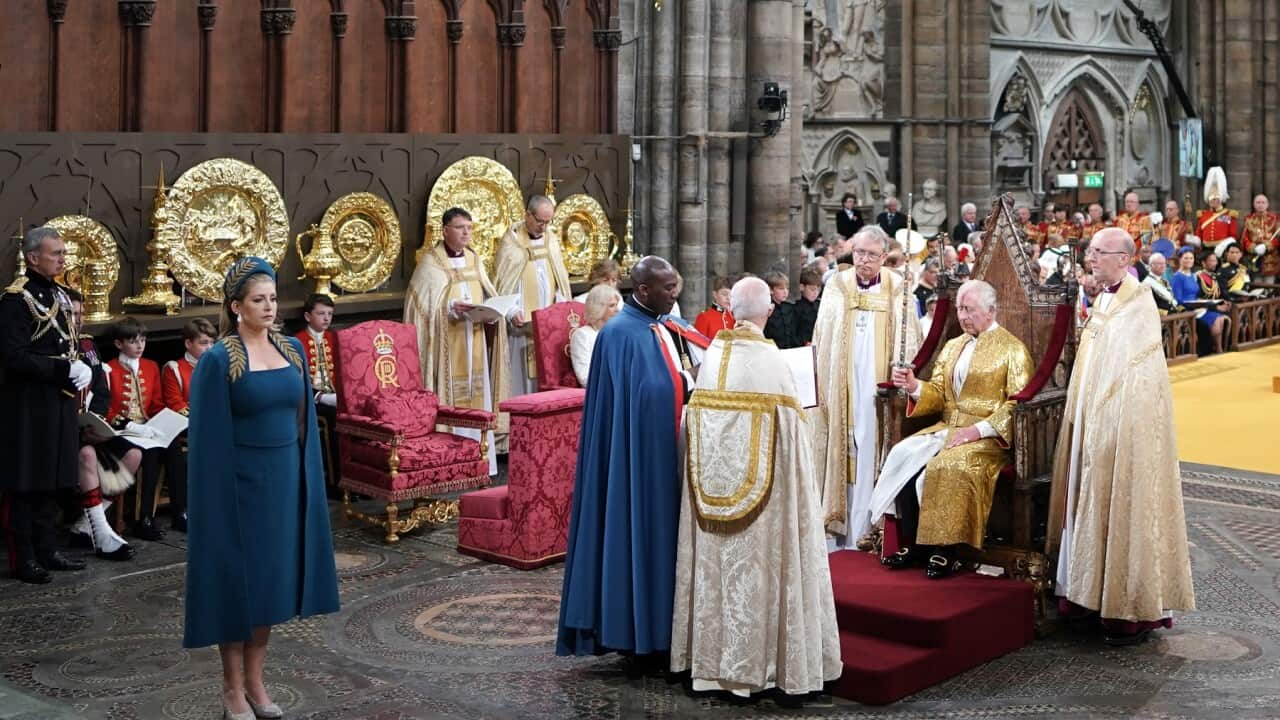A heavy smoker for fifty-five years, John Breen was diagnosed with lung cancer two years ago.
After intensive treatment, the 68-year-old is now recovering and considers himself one of the lucky ones.
"I still get a bit of shortness of breath but overall all of my lung functions and these kind of things are getting back to pre-cancer or pre-diganosis stage."
According to Todd Harper, the chief executive of Cancer Council Victoria, many aren't so fortunate.
"The difficulty we have with lung cancer is being able to detect it when it is at an early stage, which makes treatment options more available and more effective but we also need to be investing more in research to identify treatment options that can provide hope for people diagnosed with lung cancer."
But a new blood test called a liquid biopsy could help identify the disease, along with seven other common cancers, well before it spreads.
Leading researcher and oncologist, Professor Peter Gibbs, says it could dramatically change the way cancer is treated.
"One of the problems with many tumour types is it is not until people have pain or weight loss or nausea that we actually know they are there. So what we need to do is bring the cancer diagnosis forward to a time the cancers are still curable."
Trials of the test - which identifies early-stage tumours from proteins and mutations in the blood - have found that it successfully detected common cancers 70 per cent of the time.
The liquid biopsy was developed in collaboration between US researchers and scientists here at the Walter and Eliza Hall Institute in Melbourne.
And they're confident the test could be on the market for patient use within the next few years.
Professor Gibbs, from the Institute, say he's excited by the potential of the test.
"It promises to be the first useful blood test screening for many major cancers including cancers like pancreas cancer and other big killers that we currently don't have any screening test for and currently 80 per cent of people are diagnosed with very advanced disease."
It's timely news with figures released in Victoria showing lung cancer is now the leading cause of cancer deaths in men AND women.
Quit Victoria director Dr Sarah White says it's a deadly hangover from an increased uptake in smoking forty years ago.
"I think we did stuff up but I think it's better to put the blame where it belongs and that's the really aggressive marketing by the tobacco companies. They aggressively marketed to women and to young teenagers and unfortunately we are seeing the results of that now."
But there's a more positive development for another cancer, which Cancer Council's Todd Harper says has benefited from extensive research and improved treatment options.
"Overall survival rates from breast cancer is above 90 per cent and for early stage breast cancer it's virtually 100 per cent survival. So these are the type of successes we would like to see for other cancers such as lung cancer."




